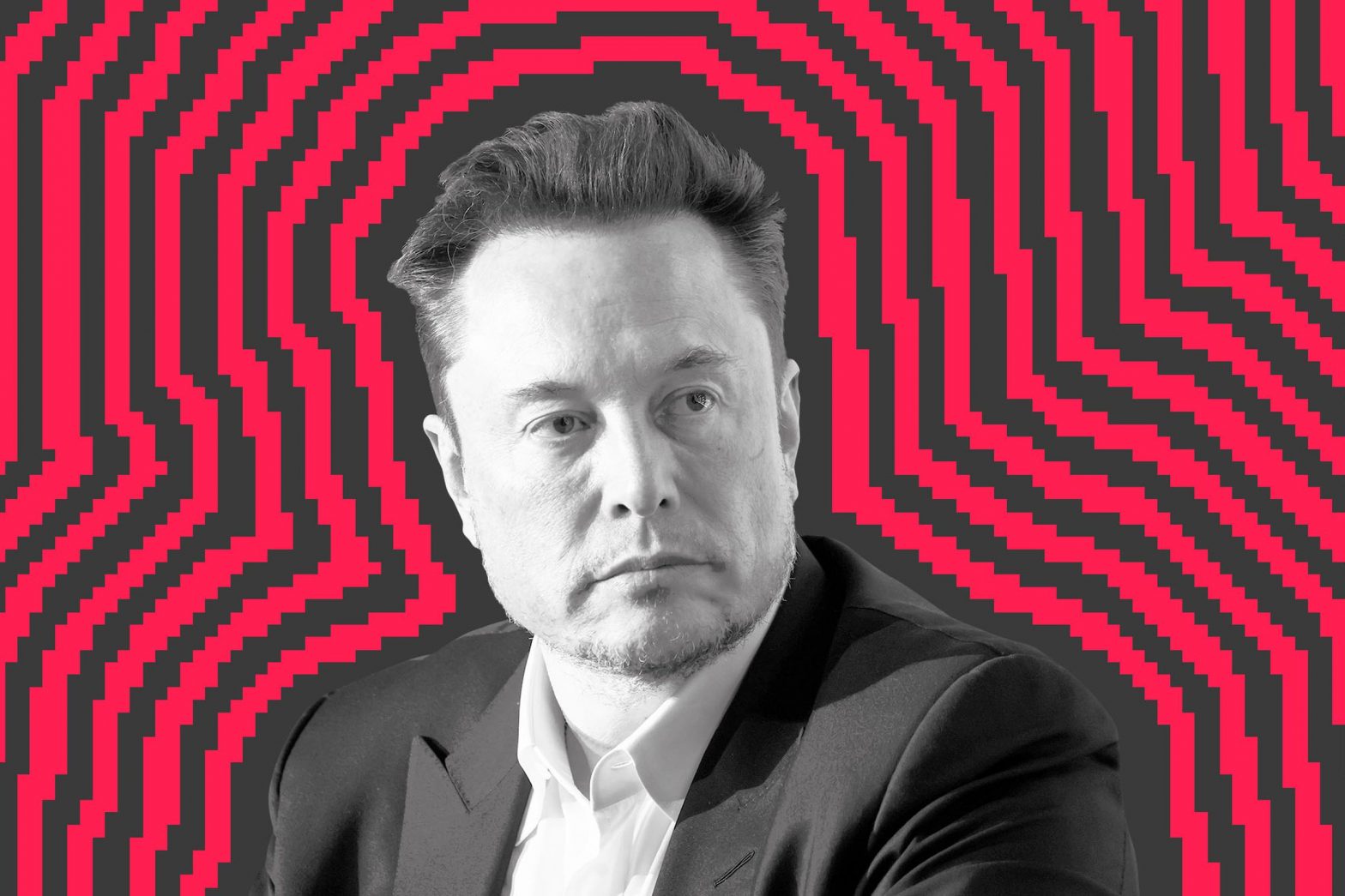/
The CEO is rallying the troops on X and offering exclusive factory tours as he battles for his massive compensation package.
Share this story
:format(webp)/cdn.vox-cdn.com/uploads/chorus_asset/file/25355893/STK022_ELON_MUSK_CVIRGINIA_B.jpg)
The fight for Tesla CEO Elon Musk’s enormous pay package is heating up.
On June 13th, Tesla shareholders will decide the fate of Musk’s compensation package, which is estimated to be worth as much as $56 billion. It will be the second time that shareholders will vote on the CEO’s pay, after a Delaware judge voided the first one earlier this year on the grounds that the approval process was “deeply flawed.”
And Musk doesn’t want to leave anything to chance. He is lobbying shareholders on his social media platform X, offering private tours of Tesla’s factory in Texas, and lashing out against those that suggest the proposed pay package is too high. The proposed pay package would make Musk the most highly compensated CEO in the world.
“They are oathbreakers,” he wrote on X in response to a post mocking shareholders who have said they plan on voting against Musk’s compensation.
Meanwhile, several top proxy advisory firms have recommended voting against the proposal, arguing its too excessive and would dilute the value for individual shareholders.
“The excessive size of the award, both on a pure dollar basis and in terms of the dilutive effect upon exercise, remains very much top of mind,” proxy firm Glass Lewis wrote in a recent report. “The Company’s provided rationale does little to combat these concerns given their proportionate magnitude.”
Institutional Shareholder Services, another proxy firm, also advised against the pay proposal for similar reasons, according to Reuters.
The vote is seen on a referendum on Musk’s leadership at a critical time for Tesla. Sales of the company’s electric vehicles are down as demand wobbles in the face of cheaper and more plentiful offerings from other automakers. Tesla’s lineup of vehicles is aging, and the prospects for a cheaper, more mass-market EV are uncertain. The company’s stock price has slid almost 30 percent since the beginning of the year. Tens of thousands of employees have been laid off, including most of the Tesla Supercharger team.
Amid all this uncertainty, Musk is pushing for more control over Tesla, arguing he needs at least a 25 percent ownership stake in order to steer the company toward a future dominated by artificial intelligence and robotics. (He currently holds about 13 percent of the company after selling billions of dollars of shares to acquire Twitter.) On X, he has threatened to spin out Tesla’s AI work into a separate company if his demands aren’t met.
Tesla shareholders first approved Musk’s compensation back in 2018, granting him an additional 12 percent stake in the company over several years as long as he hit certain benchmarks. Those benchmarks included an at-the-time astronomical-seeming market valuation of $650 billion — an amount that was more than 10 times the company’s 2018 value of around $59 billion. Shareholders approved a total of 12 tranches that Musk must surpass before vesting the full amount.
In 2021, Tesla’s valuation briefly topped $1 trillion on the news that rental car company Hertz had ordered 100,000 of its vehicles. (Hertz has since began off-loading its Teslas, citing high depreciation rates.) And in 2022, the company surpassed benchmarks that triggered the vesting of the 12th tranche of options granted to Musk, allowing him to collect the $56 billion pay package.
Meanwhile, a shareholder lawsuit first filed in 2018 was winding its way through the courts. The shareholder who filed the suit, Richard Tornetta, alleged that the board lacked independence from Musk when approving the compensation plan. The board included Musk’s brother, Kimbal Musk, as well as friends Antonio Gracias and Steve Jurvetson. (Jurvetson and Gracias have since left Tesla’s board.) During the trial, Delaware Chancery Court Judge Kathaleen McCormick called this argument a “kill shot.”
On January 30th, McCormick voided Musk’s compensation, arguing that shareholders were not properly informed about the origins of the proposal. Tesla is now asking shareholders to re-ratify the same proposal while also approving swapping the company’s state of incorporation from Delaware to Texas and to reelect two board members, James Murdoch and Musk’s brother, Kimbal.
Its unclear whether the previous proposal’s cancellation, nor the concerns raised by proxy firms, will have any affect over the way shareholders vote. Musk holds enormous sway over retail investors in his company, and his acquisition of Twitter (which later became X) has arguably only increased his influence. Around 44 percent of Tesla’s stock is held by retail investors, which is the highest percentage of the 10 largest companies in the S&P 500, Reuters says.
The company is also publicly rallying support for the pay package through its website votetesla.com. “For the past 6 years, you’ve seen the value of your investment in Tesla grow tremendously. The present and future value creation that we are posed to deliver for all of you is at risk,” the company writes. “We need your vote.”
But the decision may have already been made. A report by trading platform eToro from last month showed that about 25 percent of Tesla’s shares have already voted, Reuters said. Of those, more than 80 percent were in favor of Musk’s package.
